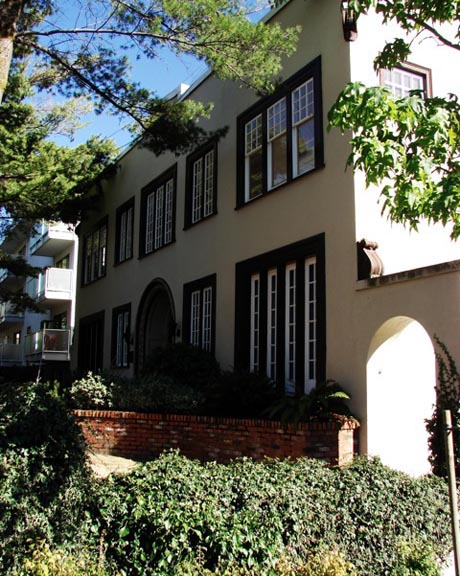In 1139652 B.C. Ltd. v Whistler (Resort Municipality), 2018 BCSC 1806, the B.C. Supreme Court recently reviewed a decision of the resort municipality of Whistler denying a property owner’s application for a Development Variance Permit (DVP). The Court upheld the decision, finding that it was reasonable.
The judgment is notable for the Court’s comments that a municipal council’s decision whether to grant a DVP is “closer to the legislative end of the spectrum” of local government functions, and, accordingly, the test for a court to consider on judicial review of such decisions is a deferential one:
“[G]iven the wide variety of factors that may legitimately be considered by the Council in assessing the Petitioner’s DVP application, is the refusal of a DVP a decision that no reasonable body informed of those factors could have taken?”
The Court rejected the property owner’s argument that a decision on a DVP application focusses on the individual interests of the applicant rather than broader community interests, and, therefore, ought to be warranted less deference from the courts. Notably, the Court analogized the impact a DVP application decision has on an individual applicant with the disproportionate impacts on particular individuals that can sometimes arise from other legislative decisions, such as the passage of municipal bylaws:
“The decision of a municipal council to issue a DVP involves the exercise of an open-ended statutory discretion. It is true that the focus of the power under s. 498 [of the Local Government Act with respect to DVP applications] is on a single application, however that application legitimately engages the Council in consideration of the broader interests of the community in the granting of a variance.
[…]
Conversely, […] although a bylaw may have disproportionate impact on a single individual (or individual corporation), this does not detract from the deference accorded to a municipality’s policy and legislative functions when a court is assessing the reasonableness of the bylaw.”
The property owner’s petition for judicial review also sought to set aside Whistler’s denial of the DVP on grounds that (a) Council breached rules of procedural fairness by denying the property owner the opportunity to be heard via oral submissions; and (b) the decision was unreasonable because it was based on irrelevant factors and did not consider certain material documents.
The Court held that Council’s refusal of the DVP application was procedurally fair given that (a) the statutory scheme only required that notice be given to affected parties; and (b) the decision was more legislative than judicial and, at common law, did not require a high-level of procedural fairness. Accordingly, Council was granted wide discretion to make its decision and was not required to adopt a court-like procedure that allowed for oral submissions from the DVP applicant.
The Court also found that Council was not in error by failing to have considered a letter from the applicant that had been submitted along with the DVP application. The property owner argued that the letter “added a ‘personal touch’ that was missing from the Staff Report [to Council]” and that the applicant was entitled to have this letter directly conveyed to Council by Whistler’s staff when the application was considered. The Court disagreed, finding that the letter added nothing material to the content of the DVP application itself, and its omission did not render the decision process unfair.


